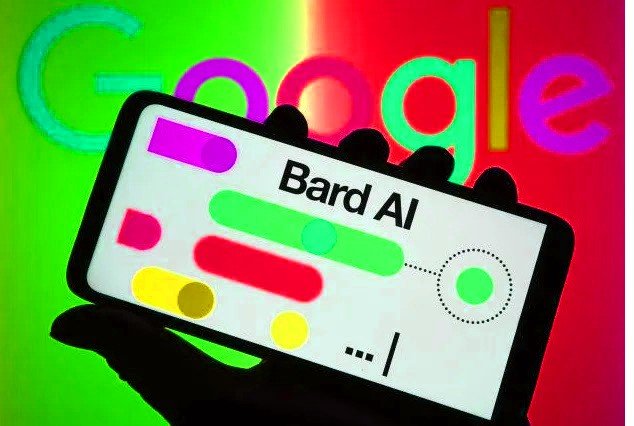While participating in a recent earnings call for the fourth quarter, Google revealed that it intends to implement a subscription-based model for its Bard AI chatbot, which is similar to OpenAI’s ChatGPT Plus.
According to Mashable, the next Bard Advanced, which was disclosed by the tech giant, will necessitate the purchase of a premium subscription. To differentiate itself from ChatGPT-4, which requires a monthly subscription fee of twenty dollars for its Plus version, the present iteration of Bard is available to customers at no cost. However, the specifics regarding the costs and delivery dates have not been published.
User expectation for additional information on the planned Bard Advanced subscription has been sparked as a result of Google’s strategic move, which is in line with the expanding trend in the industry of investigating subscription models for increased capabilities.
According to Tom’s Guide, Google Bard Advanced, which is dependent on Google Gemini Ultra, continues to be shrouded in mystery, and there are only handful of details that are currently available. It has been established that it possesses multimodal capabilities, which enable it to skillfully process video, images, audio, and text in a seamless manner.
According to a report in the New York Times, researchers consider Google Gemini to be a large language model (LLM), which is a complex mathematical system that is capable of learning from digital books, Wikipedia pages, and online forums. An LLM is able to acquire the ability to write independently by recognizing patterns within this vast amount of textual information. As a result, Gemini is capable of writing term papers, talking clearly, and coding.
In spite of Google’s assertions that its models are superior to those of OpenAI, the company is still waiting for external validation that extends outside its restricted testing circle. Google highlights the capabilities of Gemini Ultra in terms of intellectually stimulating interactions and the development of creative content. There have been rumors circulating concerning bundled access to Google’s experimental image, video, and audio generating models, which might perhaps justify the predicted upgrade cost.
Integration Plans Unveiled
Additionally, Google intends to incorporate Bard AI into its mobile assistant in the month of March, and the simultaneous unveiling of Bard Advanced is now being considered as a possibility. There is also the possibility that the tech giant will postpone the launch until May, which would coincide with the Google I/O 2024 developer conference.
Comparable models, such as ChatGPT Plus, Claude Pro, and Copilot Pro, share a similar pricing bracket, consistent with various generative AI tools like ElevenLabs, StabilityAI, and MidJourney. This will align with Google’s broader subscription strategy, which will reflect the industry’s pivot toward commercialized AI in the coming year. Sources anticipate that the subscription for Bard Advanced will fall within the range of $10 to $20 per month, which is in line with the prevalent pricing trends for AI chatbots.
Read More: Bumble: A New AI Tool to Help You Avoid Scammers and False Profiles
Google Cuts Ties with AI Firm That Trained Bard AI
The announcement comes after Alphabet made the decision in January to cancel its contract with Appen, the artificial intelligence data provider that was responsible for training Google’s Bard and other AI products. This move will have an effect on at least two thousand subcontracted workers. Approximately one-third of Appen’s revenue is accounted for by this decision, which was reached after a strategic review and went into effect on March 19. According to CNBC, this decision has caused worry within the Alphabet Workers Union.
The entire revenue that Appen received from Alphabet in 2023 was $82.8 million, which was a portion of the overall sales of $273 million. During the year 2023, Appen had a decline in sales of thirty percent, in addition to a stock price decrease of more than ninety-nine percent. Appen had a difficult time transitioning to generative AI, despite having a distinguished customer list. The company cited insufficient quality controls and a disconnected organization as the reasons for this. The current trend prefers broad language models such as ChatGPT and Bard, which has led to a decreased reliance on companies such as Appen.
Read More: Google Bard: Court Documents Expose Trump’s Former Fixer’s AI Faked Cases


